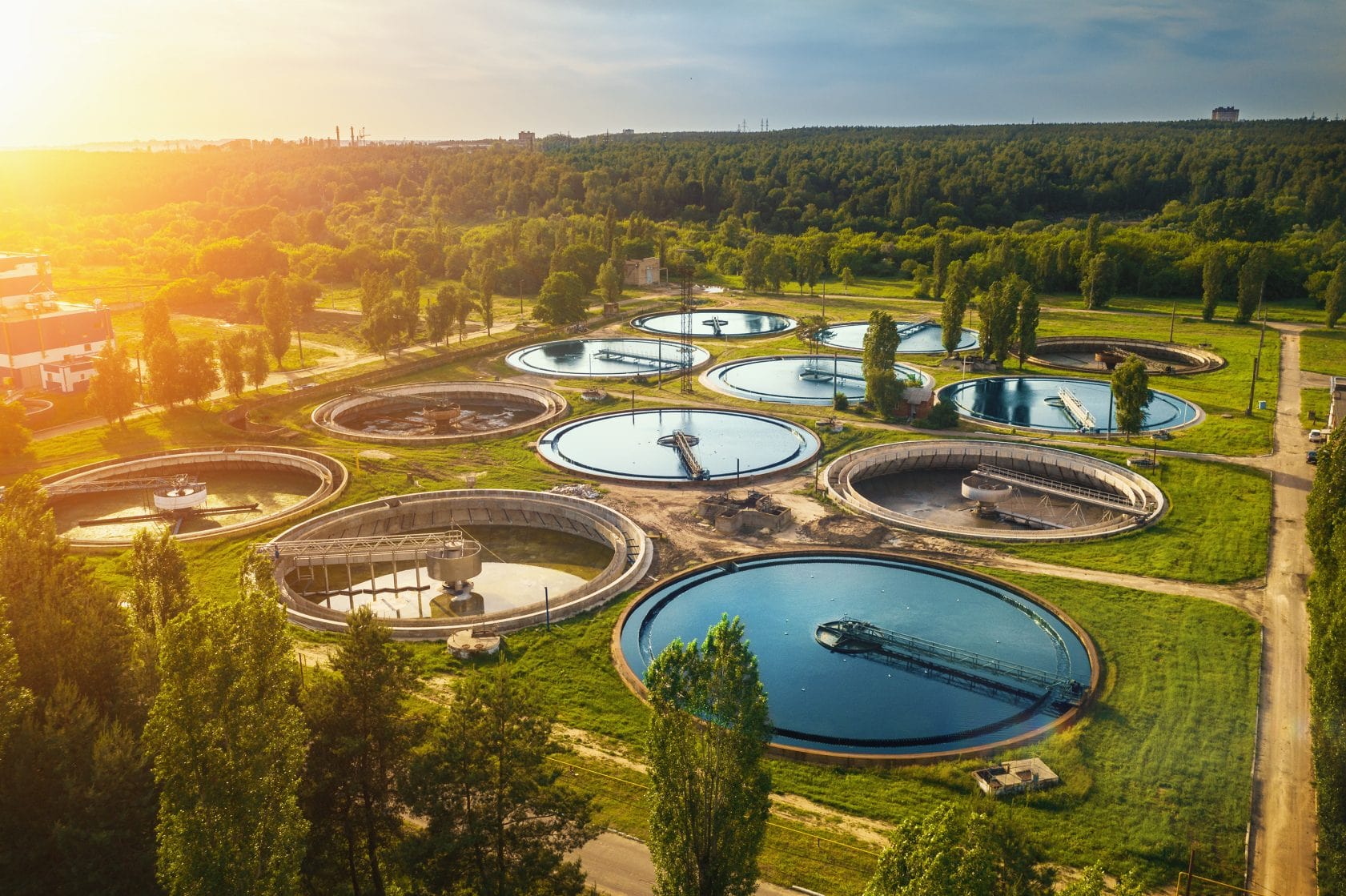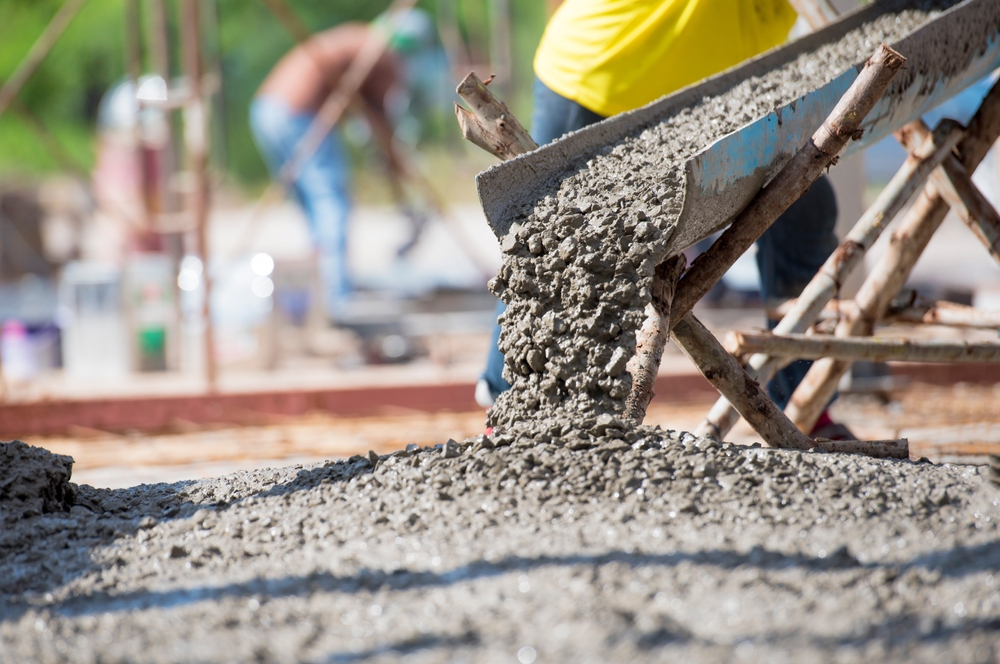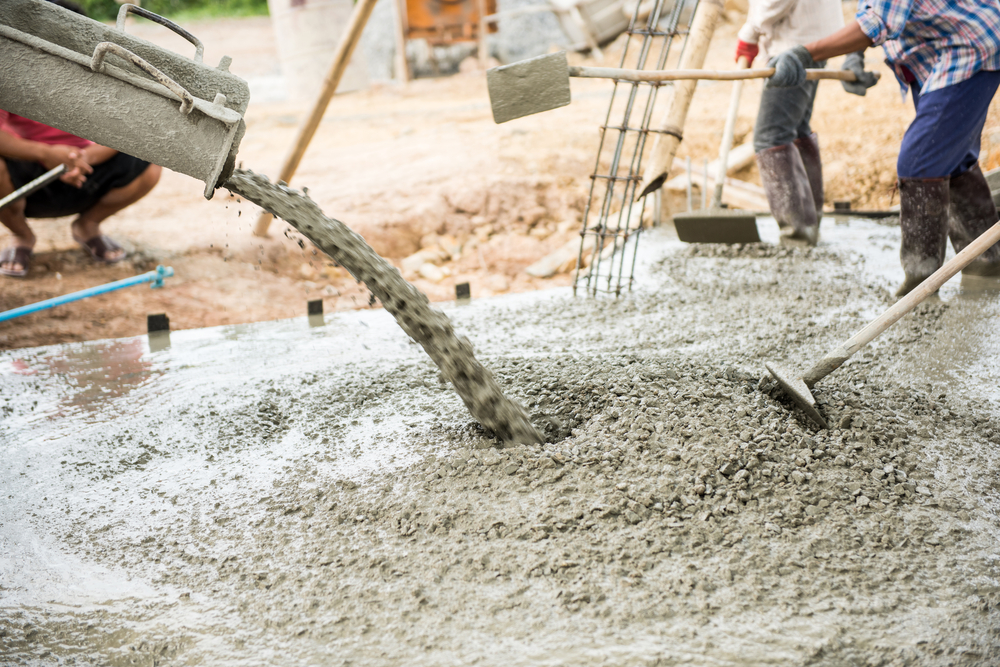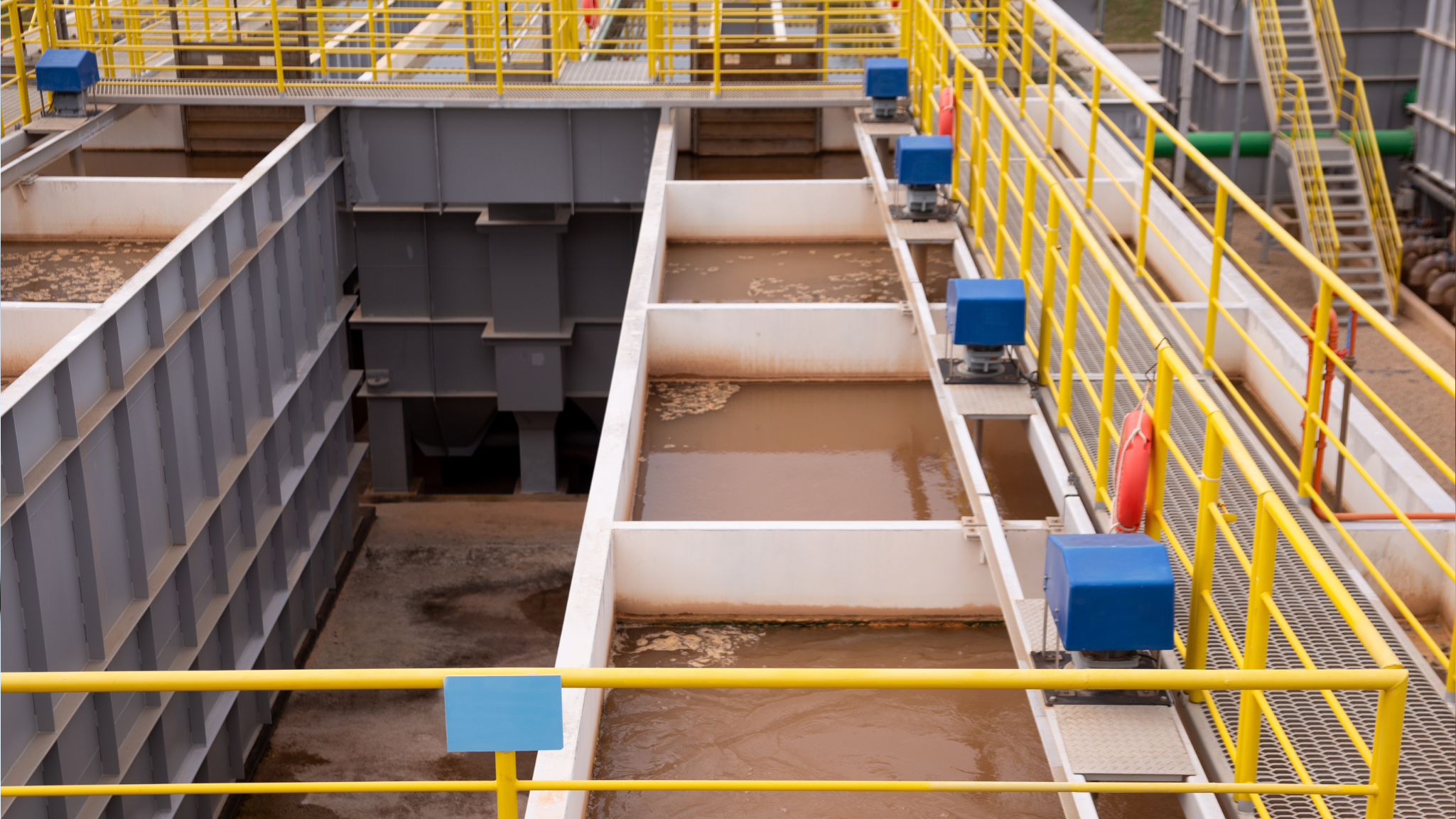Intro
That is an aspect for upcoming years that puts a company in issue. This aspect builds on some reports that represent the average energy consumption required by wastewater treatment has been estimated to range between 0.2 and 0.81 kWh/m3. In the US, it has been reported that 2–4% of the total electrical energy generated is used for wastewater treatment. These WWTPs consume more than 30 TWh/year of energy, equivalent to 2 billion US dollars. 25%-40% of WWTP running costs in the US were spent on electricity. In Europe, the WWTPs consumed 1% of the total electrical energy.
Table of Contents
How can industrial sectors save the environment from any pollution without affecting the cost of production?
To meet the environmental requirements, you have to treat wastewater that comes from the industrial sectors. Wastewater treatment has a high cost. In this article, we will show some steps you can follow to reduce the cost of the wastewater process.
Optimize Primary Treatment
Settling more solids in the primary treatment step reduces the load for the aeration process in the secondary treatment, which is the most energy-intensive part of the treatment. This lowers the overall energy consumption of the plant.
Implement Advanced Control Systems
40% of urban energy is used for wastewater treatment. WWTP is one of the most highly energy-consuming and cost-intensive techniques. So using hybrid bio-inspired machine learning control schemes that can enhance the energy and cost efficiency of the wastewater treatment plant WWTP.
Chemical Dose Required
To avoid the high cost of the wastewater treatment process that companies face especially in industrial sectors you can’t lay on advanced machines only because they will give you a limited scale in wastewater treatment which means that you can`t use in all types of wastewater that come out from all production especially if your industry has different types of waste production.
The ideal solution for you, in this case, is to choose high-quality chemicals from a trusted partner who has technical support to make sure that you use the right dose of chemicals to match the type of industrial wastewater.
The true dose of chemicals will save the effort of changing machines to more advanced machines and save costs by using a wide range of many types of chemicals without reaching the ideal treatment that you need. On the other hand, you will overcome the headache of environmental penalties that can be applied if industrial wastewater is not treated as it is required.
Increasing levels of treatment and maintenance are expected to cause operational costs to rise 30% to 40% over the next 20 years. [Wastewater Engineering: Treatment and Reuse. (2002). Metcalf & Eddy, Inc., Edition: 4th]
Conclusion
To reach an ideal balance between saving aspects of environmental needs which is to conserve a nonrenewable resource like water and from other side make cost reduction. You can adopt a multi-faceted approach but from the perspective of cost efficiency choosing the high quality and the right dose of chemicals is the most effective approach. The exact dosage will depend on factors like the composition of the wastewater, the treatment goals, and the specific chemicals being used.
Careful testing and monitoring are required to pinpoint the optimal dosage for the plant’s unique requirements. Who will assist you in all of that is technical services provided by a trusted company and specialized in wastewater treatment solutions.
If you are looking for any technical chemical consultation, special chemicals request Contact us now.




